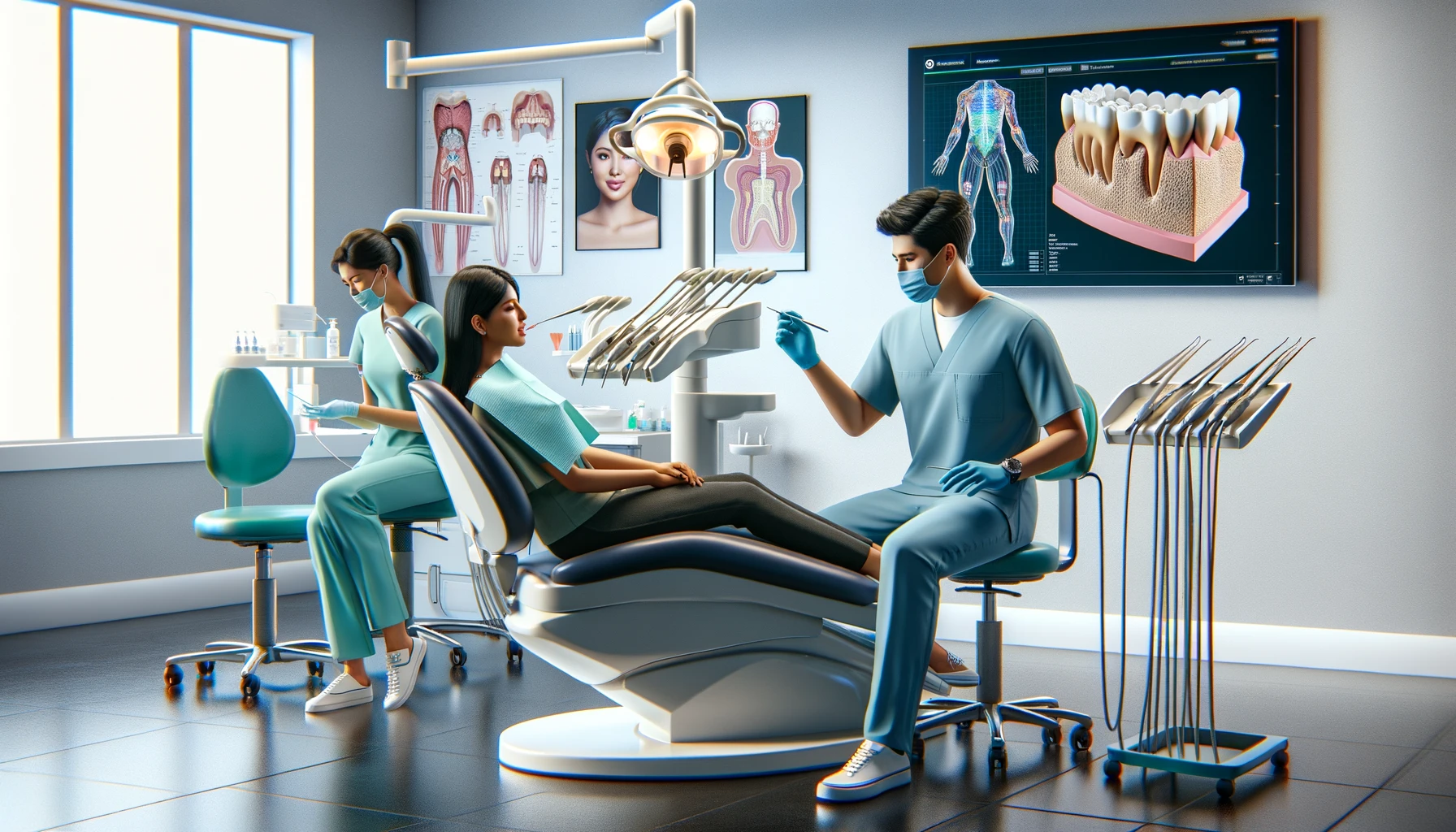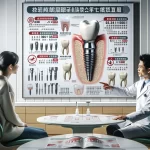Dental emergencies can occur unexpectedly, leading to significant pain and distress. Whether you’re experiencing a severe toothache, have knocked out a tooth, or are dealing with a broken dental appliance, immediate action is crucial to prevent complications and protect your oral health. This comprehensive guide will provide you with the knowledge and tools to navigate urgent dental situations confidently, ensuring you can take prompt action to alleviate discomfort and maintain your smile.
Understanding Dental Emergencies
Dental emergencies cover a variety of conditions that require immediate treatment to avoid long-term damage or relieve severe pain. These situations may arise from accidents, injuries, infections, or pre-existing dental issues. Here are some common dental emergencies to be aware of:
Severe Toothache
A persistent, throbbing toothache can signal an underlying problem such as tooth decay, infection, or a cracked tooth. Ignoring this pain can lead to serious complications. For more information on toothaches and their causes, visit the American Dental Association (ADA).
Knocked-Out Tooth
Losing a tooth is a genuine dental emergency that requires immediate action. The sooner you act, the higher the chances of successful reimplantation. For guidance on how to handle a knocked-out tooth, refer to the Mayo Clinic’s advice.
Broken or Chipped Tooth
Accidents can lead to chipped or broken teeth, exposing sensitive inner layers and increasing the risk of infection. For tips on managing a broken tooth, check out the Colgate Oral Care Center.
Dental Abscess
An abscess is a painful pocket of pus caused by bacterial infection. If left untreated, it can spread and pose serious health risks. Learn more about dental abscesses at the National Institute of Dental and Craniofacial Research.
Orthodontic Emergencies
Issues like broken wires or loose brackets can cause discomfort and delay treatment progress. For advice on handling orthodontic emergencies, visit the American Association of Orthodontists.
Recognizing and addressing these emergencies promptly is crucial for maintaining good oral health and preventing further complications.
Handling Dental Emergencies: A Step-by-Step Guide
When faced with a dental emergency, staying calm is essential. Follow these steps for effective management:
1. Contact Your Dentist
Your first call should be to your dentist. They can provide guidance on how to proceed and schedule an emergency appointment if necessary.
2. Administer First Aid
Depending on the situation, certain first aid measures can help alleviate pain or prevent further damage:
- Knocked-Out Tooth: Rinse the tooth gently with water (avoid touching the root). If possible, try reinserting it into its socket. If not, store it in milk or saliva to keep it moist.
- Toothache or Abscess: Rinse your mouth with warm salt water, apply a cold compress to reduce swelling, and take over-the-counter pain medication as needed.
- Broken or Chipped Tooth: Rinse your mouth with warm water, apply a cold compress, and cover any sharp edges with dental wax or sugarless gum.
3. Seek Professional Care
After initial first aid, visit your dentist or an emergency dental clinic as soon as possible for proper assessment and treatment.
4. Follow Post-Treatment Instructions
Adhere to your dentist’s advice for post-treatment care, which may include taking prescribed medications or scheduling follow-up appointments.
Prevention and Preparedness
While dental emergencies can be unexpected, there are proactive steps you can take to minimize risks:
Practice Good Oral Hygiene
Maintain a consistent routine of brushing twice daily, flossing regularly, and using an antimicrobial mouthwash to prevent decay and gum disease.
Wear Protective Gear
If you engage in sports or activities that pose a risk of dental injuries, use appropriate protective gear like mouthguards.
Schedule Regular Check-ups
Routine dental visits can help identify potential issues before they escalate into emergencies.
Assemble a Dental Emergency Kit
Create a kit containing gauze, dental wax, a container for storing knocked-out teeth, and over-the-counter pain relievers for initial first aid.
Know Emergency Contacts
Keep your dentist’s contact information handy along with details for nearby emergency dental clinics.
Conclusion
Dental emergencies can be overwhelming; however, being prepared and knowing how to respond can significantly impact your oral health and comfort. By following the practical advice outlined in this guide, you’ll be better equipped to handle urgent situations confidently—ensuring your smile remains bright and healthy for years to come.
Remember that prompt action and professional care are vital in effectively managing dental emergencies. Regular check-ups and good oral hygiene practices will help minimize the likelihood of these situations arising in the first place.
For more information on maintaining oral health and managing dental emergencies effectively, visit the Centers for Disease Control and Prevention (CDC) for valuable resources and guidelines.
What constitutes a dental emergency?
A dental emergency is any situation involving oral discomfort, injury, or trauma that requires immediate attention. Common examples include severe toothache, knocked-out teeth, excessive bleeding, and significant jaw swelling.
How can I tell if my toothache is an emergency?
A toothache is an emergency if it’s severe, persistent, and accompanied by swelling, fever, or pus, indicating an infection. If the pain is unbearable or disrupts your daily activities, seek immediate dental care.
What should I do if I have a knocked-out tooth?
If you have a knocked-out tooth, try to reinsert it into the socket gently. If that’s not possible, preserve it in milk or saline solution and seek emergency dental care immediately. Time is crucial for the successful reimplantation of the tooth.
Can bleeding gums be a sign of a dental emergency?
While occasional mild bleeding during brushing isn’t typically an emergency, persistent or excessive bleeding, especially after an injury, requires urgent dental attention. It could indicate gum disease or more serious oral health issues.
What preventive measures can I take to avoid dental emergencies?
To prevent dental emergencies, maintain good oral hygiene, visit your dentist regularly for check-ups and cleanings, wear a mouthguard during sports, avoid hard and sticky foods, and address any teeth grinding issues with appropriate dental devices.







